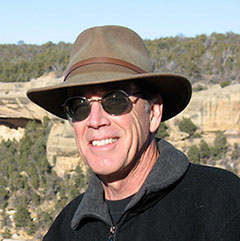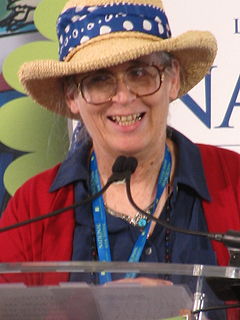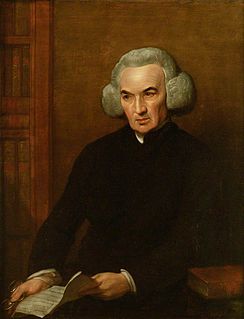A Quote by Will Hobbs
Once you're imagining being the main character, and you're having the conversations and actually being there, the magic in fiction writing takes over.
Related Quotes
I believe ability can get you to the top,” says coach John Wooden, “but it takes character to keep you there.… It’s so easy to … begin thinking you can just ‘turn it on’ automatically, without proper preparation. It takes real character to keep working as hard or even harder once you’re there. When you read about an athlete or team that wins over and over and over, remind yourself, ‘More than ability, they have character.'
I wanted to start a website for teenaged girls that was not kind of this one-dimensional strong character empowerment thing, because one thing that can be very alienating about a misconception of feminism is that girls then think that to be feminists, they have to live up to being perfectly consistent in their beliefs, never being insecure, never having doubts, having all the answers...and this is not true and actually, recognizing all the contradictions I was feeling became easier once I realized that feminism was not a rule book but a discussion, a conversation, a process.
Writing fiction is very different to writing non-fiction. I love writing novels, but on history books, like my biographies of Stalin or Catherine the Great or Jerusalem, I spend endless hours doing vast amounts of research. But it ends up being based on the same principle as all writing about people: and that is curiosity!
As for not getting things right: I constantly rerun social situations/conversations I experience/have throughout my head, and I'm always writing them down in notebooks or in word documents/the Internet. I feel like these habits and a generally good memory of people/the interactions I have with them (due to studying people having always been my main interest in life) have lead me to being very accurate in things I write in stories/essays.
When you're no longer seeing yourself, in some ways. You're as close to being as you can be.I suppose that's consistent with the moment that the mind actually turns off, and is no longer questioning what you're doing. When the questions stop, that's when the real acting takes over. And trying to get to the point where the questions stop, "Would I do this? How do I feel about that as a character?" When those stop, and it's just doing X, Y, and zed, because that's what you'd do as this character, because you're inside this character somehow - that's when it really kicks off.
The process of writing fiction is totally unconscious. It comes from what you are learning, as you live, from within. For me, all writing is a process of discovery. We are looking for the meaning of life. No matter where you are, there are conflicts and dramas everywhere. It is the process of what it means to be a human being; how you react and are reacted upon, these inward and outer pressures. If you are writing with a direct cause in mind, you are writing propaganda. It's fatal for a fiction writer.
About a year after (my stories began being published), magazine editor George Scithers, suggested to me that since I was so new at being published, I must be very close to what I had to learn to move from fooling around with writing to actually producing professional stories. There are a lot of aspiring writers out there who would like to know just that. Write that book.SFWW-I is that book. It's the book I was looking for when I first started writing fiction.



































